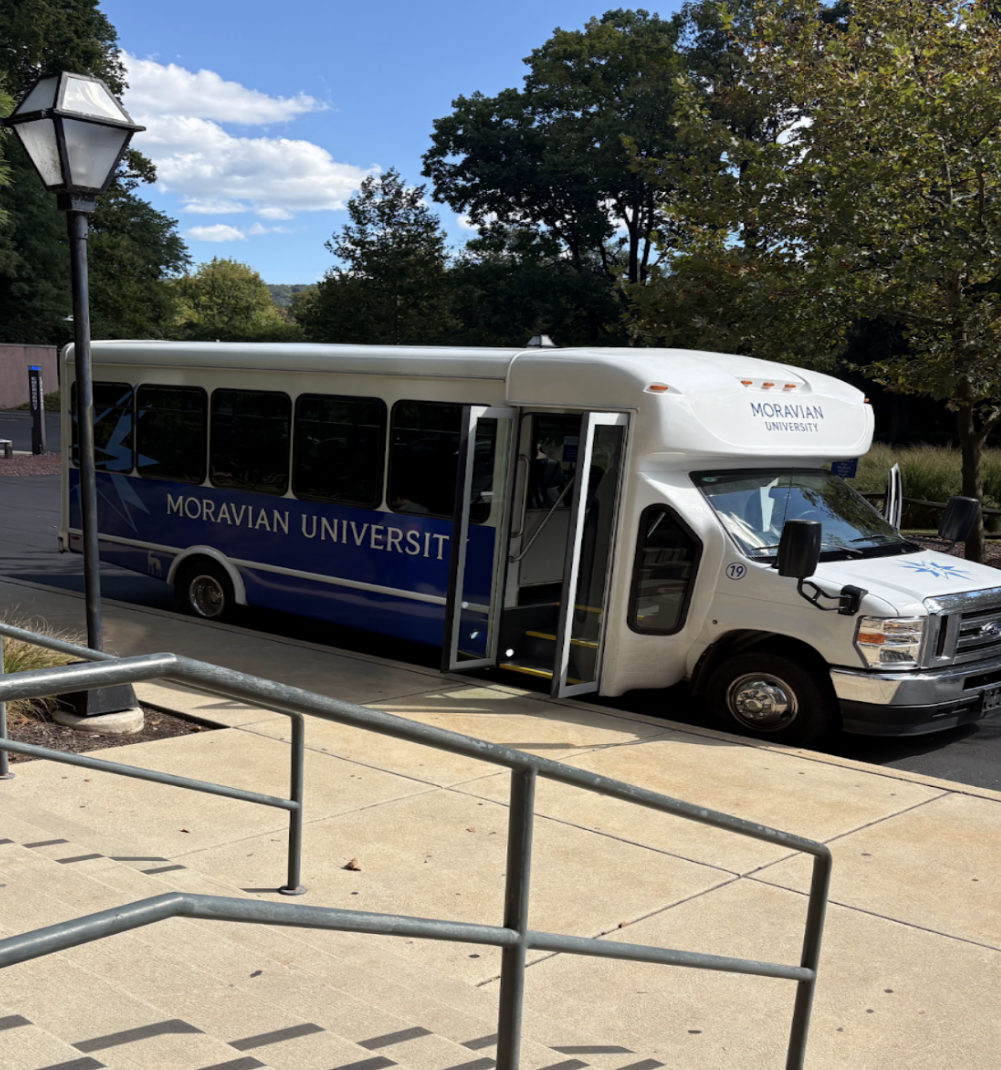As the weather cools and the leaves begin to fall, one sound rises above all others on campus: the relentless roar of leaf blowers. If you’ve spent any time outside—or, more likely, tried to hear your professor over the noise inside a classroom—you know exactly what I’m talking about.
Let’s start with the environmental impact: leaf-blowers may seem harmless, but they’re pretty bad for the environment and public health.
Most leaf blower models run on gas, which emits pollutants, such as nitrous oxide, directly into the air we breathe. These emissions mean our campus air quality takes a hit, contributing to pollution and even worsening climate change.
The EPA estimates that one pound of nitrous oxide is almost 300 times that of an equivalent pound of carbon dioxide in warming the atmosphere. According to Environment America, in 2020, gas-powered lawn equipment emitted more than 68,000 tons of nitrogen oxides; I’ll let you do the math on the carbon footprint.
Leafblowers also emitted 350,000 tons of volatile organic compounds in 2020, a chemical component of ground-level ozone, which could trigger asthma attacks and even contribute to premature death. Lawn equipment, like leaf-blowers, releases as much nitrogen oxide each year as 30 million average cars combined.
I understand the need for leaves to be cleared from sidewalks and roadways for safety and accessibility reasons. But … I often see entire grassy areas that were once covered in beautiful fall leaves all stacked into huge piles, and I just don’t understand why the entire side lawn of Zinzendorf has to be wiped clean.
My most champagne problem about this all? The leaves are beautiful right now, and I feel like I hardly get a chance to enjoy them before they’re all blown in a pile outside my classroom window.
I get it, Facilities is just doing their job. But do they really have to do it this well? The sound of leaf blowers is loud and just plain overwhelming. Whether you’re trying to focus in a quiet study spot, nap in your dorm, or attempt to listen to your professor in class, the noise is unavoidable, and students are constantly closing the windows in the middle of lectures due to the noise.
I’ve been woken up from so many mid-day naps due to those leaf blowers, and I’m not even close to where all the leaf-blowing action is!
My biggest gripe: have you ever walked by a leaf blower only to have a cloud of dust and debris blasted into your face? My eyes tear up, my allergies flare, and suddenly, I am in full tears when I’m on my way into class. For those of us with sensitive eyes or seasonal allergies, it’s practically torture.
And, this is no fault of Facilities workers. They almost always turn away or stop their leaf blowers when students pass by, but the dust carries so much, especially in this drought and wind, that I am bawling from a block away. So, thank you for trying to save my delicate and overly sensitive eyes the best you can, Facilities.
And don’t get me started on the smell. The exhaust fumes are a mix of gasoline and burning oil, which lingers long after the leaf blower has moved on. Lola, our assistant editor, personally enjoys the smell of gasoline, but I, for one, cannot stand this weird combination of fumes these leaf blowers release.
I want to really emphasize that this isn’t an attack on our Facilities staff. They work so hard, and I know they’re just doing their job and following orders, often going above and beyond to keep our campus looking great.
But it’s possible to be too good at something.
The constant, almost obsessive clearing of leaves feels excessive, and there’s a quieter, greener solution out there.
Maybe it’s time to consider alternatives: electric leaf-blowers are quieter and less polluting, and rakes might take longer but have zero environmental impact. Or perhaps the solution is simpler: a little less leaf-blowing and a little more appreciation for the natural beauty of this wonderful season. After all, isn’t a colorful, leaf-covered campus part of the charm of fall?
Until then, I’ll just keep dodging clouds of dust and hanging up my phone calls every time I get remotely close to those wind machines, waiting for the day when peace and quiet return to campus in the winter.








